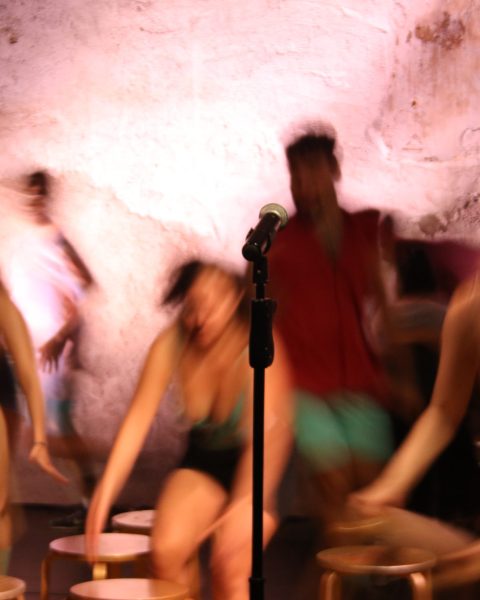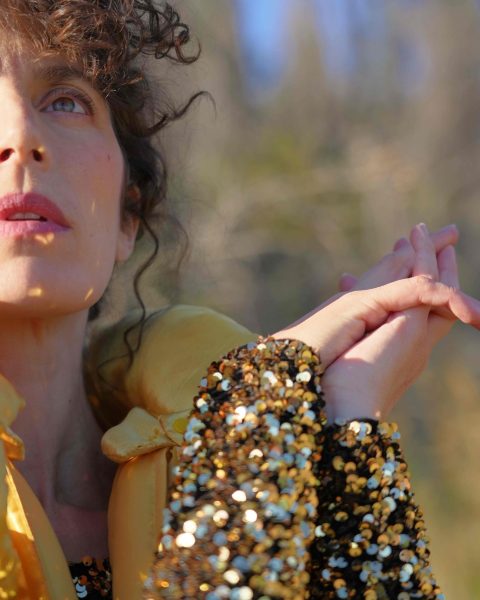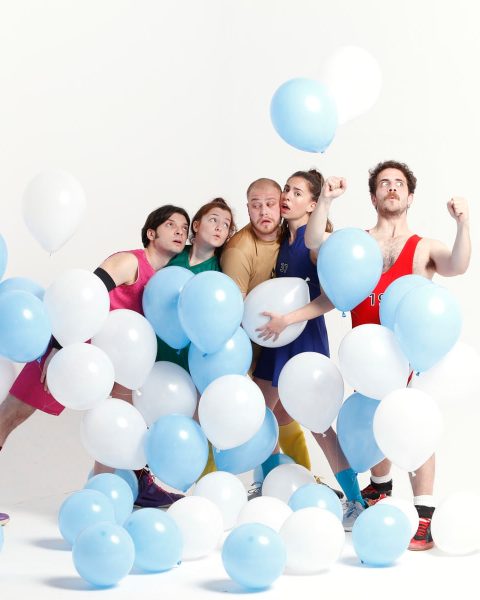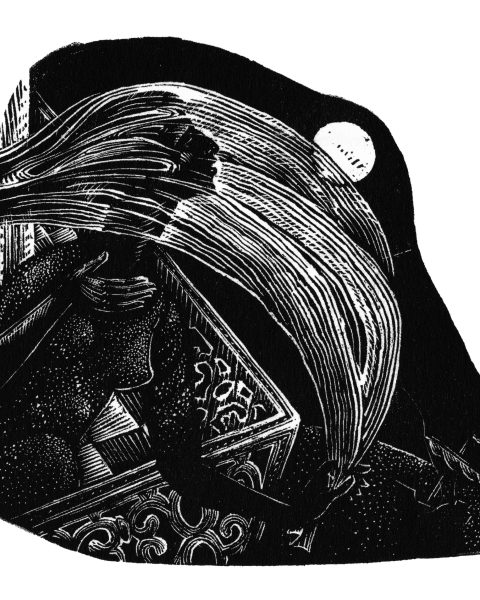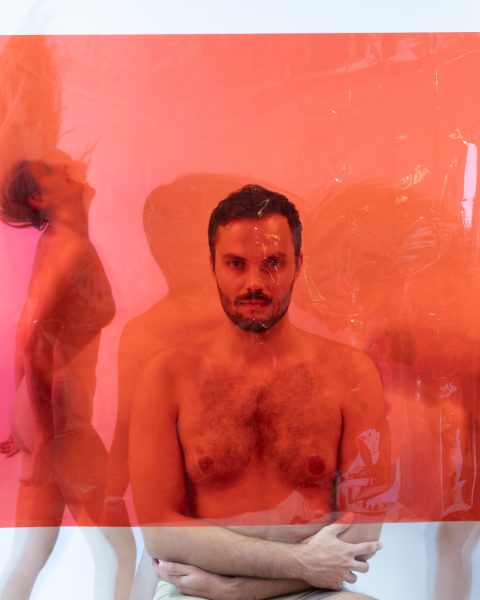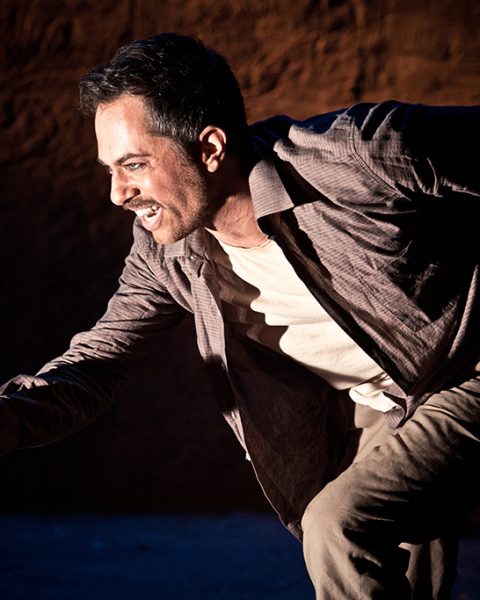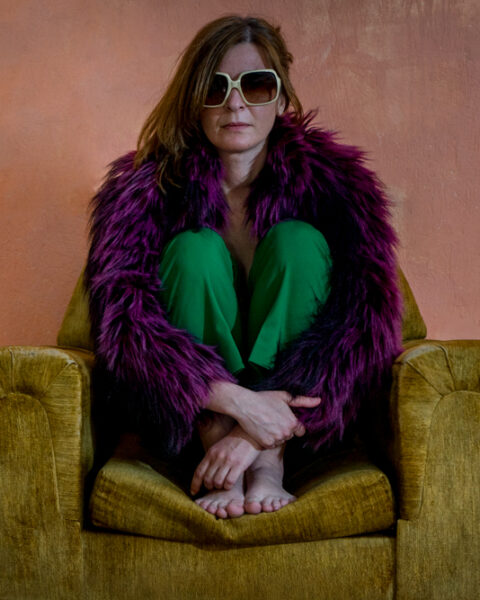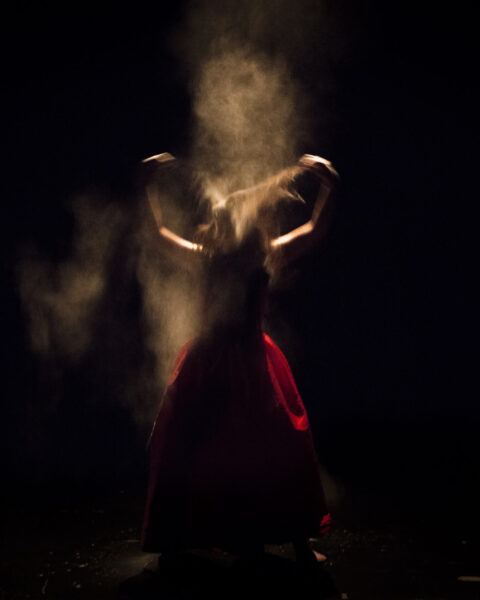A shocking work from Robert Schneider about the “stranger” among us, loneliness, hope and dreams that cross borders
“My name is Sad. I am thirty years old. Sad in English means sad. I’m not sad.”
With this sentence, Sad begins to tell his story.
Sad was born and raised in Iraq. Now he is another immigrant, in Germany. He is now in the place he dreamed of and loved through his readings, but he is alone and afraid.
He would like to be like everyone else. He wishes he could talk to them. To be able to enter the subway. To belong somewhere.
But he is a stranger.
He lives locked in his room.
“This is my chair. Here I sit. I love my chair… Even though it doesn’t belong to me, this chair is my homeland.”
Inside this room, which is his whole world, Sad longs and dreams. He talks about his life and people, struggles to hold on to everything he loves, pokes fun at himself and juggles loneliness and hope with heartbreaking humor and disarming honesty.
Sad is the Other, the different one who is to blame for everything. The one we pass by every day without seeing him, without ever really getting to know him. Sad is among us. Or maybe inside us?
“Vromia” was staged for the first time in Greece in 1997, by the New World Theater directed by Vangelis Theodoropoulos and starring Konstantinos Markoulakis.
Konstantinos Famis presented “Vromia” for the first time in 2016 while touring Greece, while in 2018, he performed in Athens and Thessaloniki.
“… I heard a phrase somewhere in Arabic, but I know someone thought of it in German. Now I will say this sentence.
For what you cannot speak, it is better to be silent.
Now I know that this sentence is wrong.
What you can’t talk about, you have to talk about!”
This play is performed in Greek
Performance duration
70 minutes without a break
Information – reservations
Tel.: 6946649550
VROMIA facebook page
They wrote about Vromia:
CheckinArt
A FIST IN THE RACIST STOMACH OF ALL OF US
“Amazing acting by Konstantinos Fami that makes you question and loathe the existing racist trends that exist around us and are spreading rapidly.”
Fourketa
“Sad’s story is a mesmerizing monologue, with a Konstantinos Fami who performs the role exceptionally well, keeping the viewer’s interest and emotional involvement undiminished. A show worth watching.”
Fragile
“Konstantinos Famis is simply sensational on stage. Although he had an extremely difficult monologue in his hands, full of symbolism, he was revelatory interpretatively.”
Koita-magazine
“Konstantinos Famis dives into the shelters of the hero Sad, covers his body, soul and spirit with the “white sheet” where Robert Schneider wrote.”
newsbeast
“The sensational performance emphasizes the popular saying ‘is John afraid of the beast or the beast of John?’ After all, the relations between citizens and States function like communicating vessels, and fear metaphorically does not have the same density.”
#Realnews
“Be sure to see Konstantinos Fami in ‘Vromia’. It’s worth it!”
tetragwno.gr
“Through a difficult work, with sharp, often fragmentary speech, with rapid emotional changes and with sudden dramatic climaxes, Konstantinos Famis successfully outlines the personality of the saddened Sad.”
3point magazine
Sad by Constantinos Fami and Katerina Polychronopoulos gave me chills”
Noizy.gr
“Konstantinos Famis was simply wonderful. Even though he was constantly on stage alone, you never lost interest and this is purely due to his talent. Amazing in the transitions from Iraqi immigrant to German citizen, in such a simple way and easy to to be perceived by all viewers. Whatever anyone says will be a bit. Just brilliant.”
Theatro.gr
“Constantinos Fami’s performance as Sad is riveting! Absolutely natural in his performance… sometimes sensitive, touching, proud, humane, kind and sometimes sharp, raging full of rage, anger and fear. Emotional transitions with silences, pauses and repetitions captured with aptness and absolute precision.”
